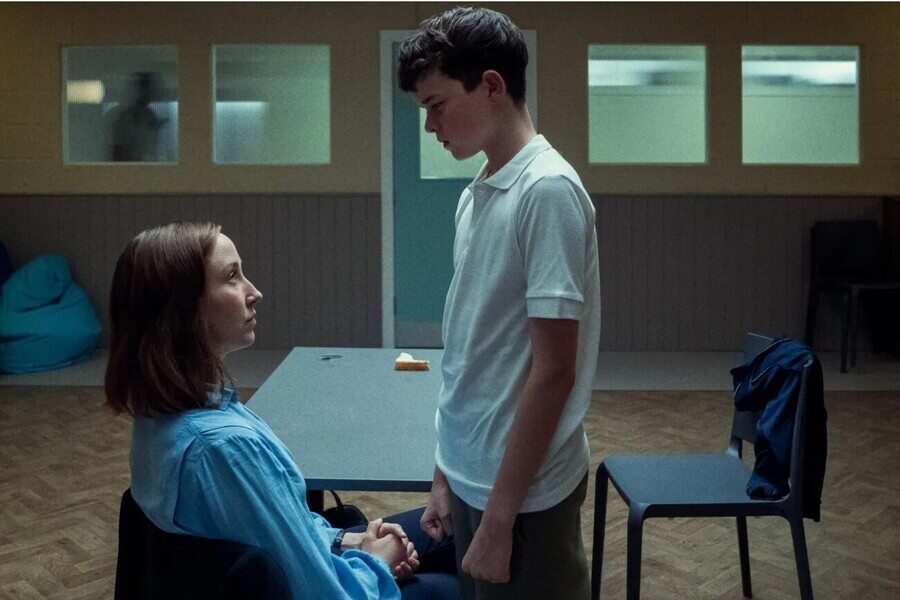FAFO, short for “f**k around and find out,” may sound like just another internet buzzword, but it’s catching on among modern Indian parents, especially in urban homes where discipline is being redefined. This parenting style is rooted in the idea that children learn better when they experience the natural consequences of their actions rather than being scolded or punished.
Clinical psychologist and parenting coach Salony Priya explained, “The approach to make children realise their mistakes by making them face consequences is a logical way of teaching behaviour. It helps in building boundaries, knowing where to stop, reducing impulsivity and allowing rational decision-making.”
The key, she said, is to keep the consequence natural, age-appropriate and non-punitive. “It should never be about creating fear or taking revenge. The parent or caregiver needs to stay calm and kind while enforcing it. The goal is to build life skills and trust. Not fear,” she added.
This idea of parenting is not entirely new. Many people remember it from their own childhood, but it is now being reframed with more awareness and intention.
Sarbani Ghosh, a resident of Behala and mother of an 8-year-old, said she picked this up from her father. “He believed in letting us learn our lessons rather than punishing or scolding. I follow the same with my son. When we go out and he doesn’t want to eat, I tell him there won’t be food for a while. If he still chooses not to eat, he learns to deal with the hunger later. It helps him think about the consequences instead of acting impulsively.”

Parents who follow the FAFO method say it has helped reduce daily conflicts, tantrums and even fears in children Shutterstock
FAFO parenting is not about neglecting or withdrawing support; it’s about making children understand cause and effect. Sriparna Mitra, a Madhyamgram resident and mother of a three-year-old girl, said she gives her daughter enough room to make small mistakes. “If she wants to do something that I know won’t work, I tell her three times why I think it’s not a good idea. But if she still insists, I'll let her try. That way, she learns. I don’t stop her unless it is gravely dangerous,” she said.
She points out that the success of this kind of parenting also depends on the family environment. “It works only when other family members support the method. If grandparents interfere and start pampering or scolding, the whole message gets lost,” she shared.
Tanya Khubchandani Vatsa, a Mumbai-based public health specialist and author, believes FAFO parenting helps correct the overindulgence often seen in gentle parenting.
“I may have started with gentle parenting a decade ago, but that changed,” said Vatsa, who now links privileges like screen time to chores and responsibilities. “Everything doesn’t need to be a negotiation,” she added. She believes today’s parents must course-correct to raise value-driven kids, especially after seeing what she calls a lack of discipline and entitlement in Gen Z.
What makes FAFO parenting stand out in a country like India, where traditional expectations from children remain strong, is that it gives the child space to think, decide and act. Parents who follow it say it has helped reduce daily conflicts, tantrums and even fears in children.
Unlike punishments, consequences in this method are logical and consistent. If a child refuses to carry an umbrella during the monsoon, they get wet. If they forget to pack their homework, they face the teacher. These small moments teach accountability and decision-making far more effectively than yelling or punishments.


